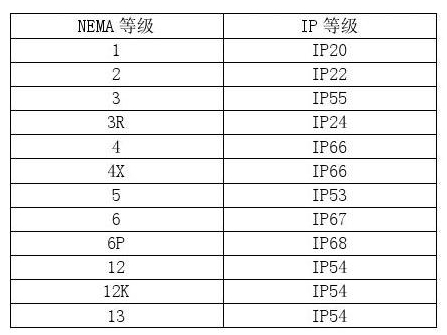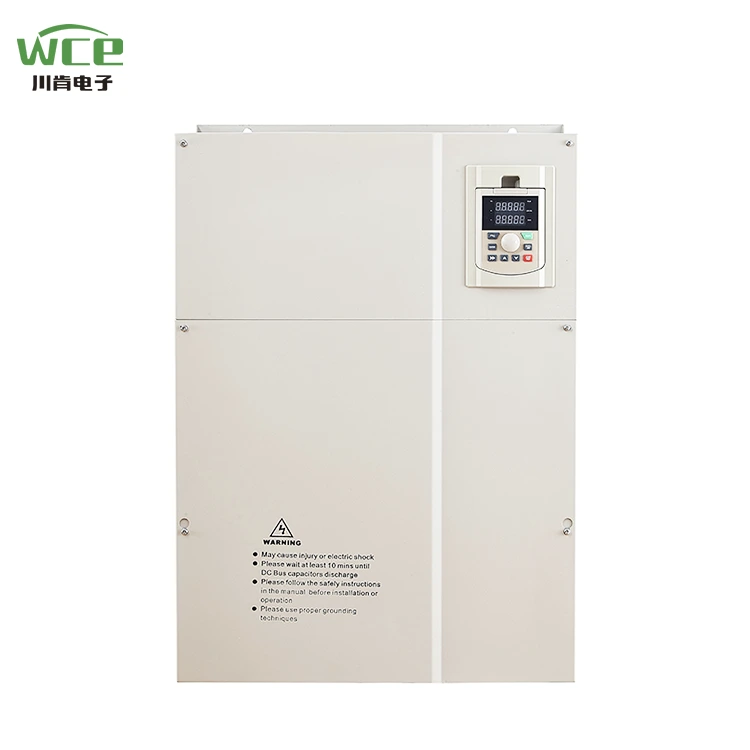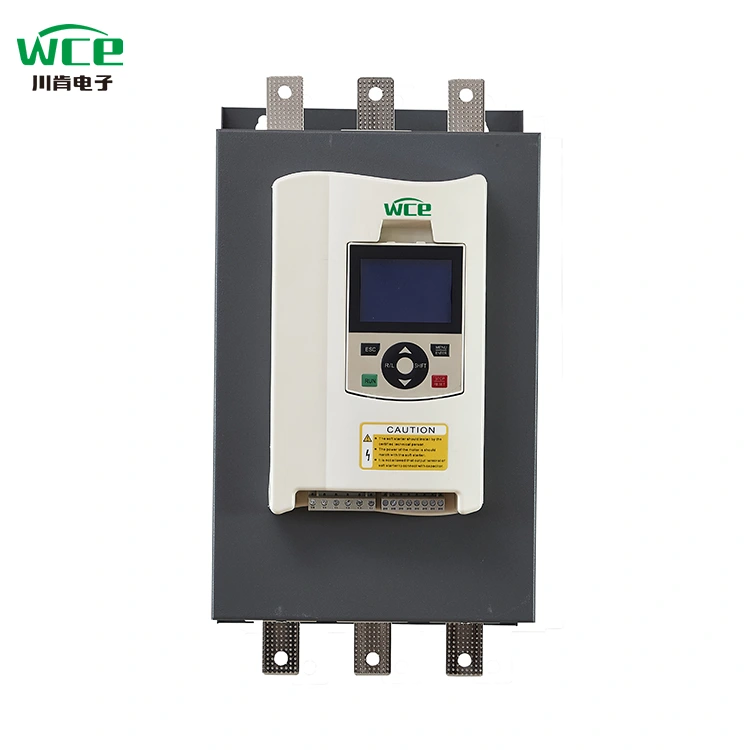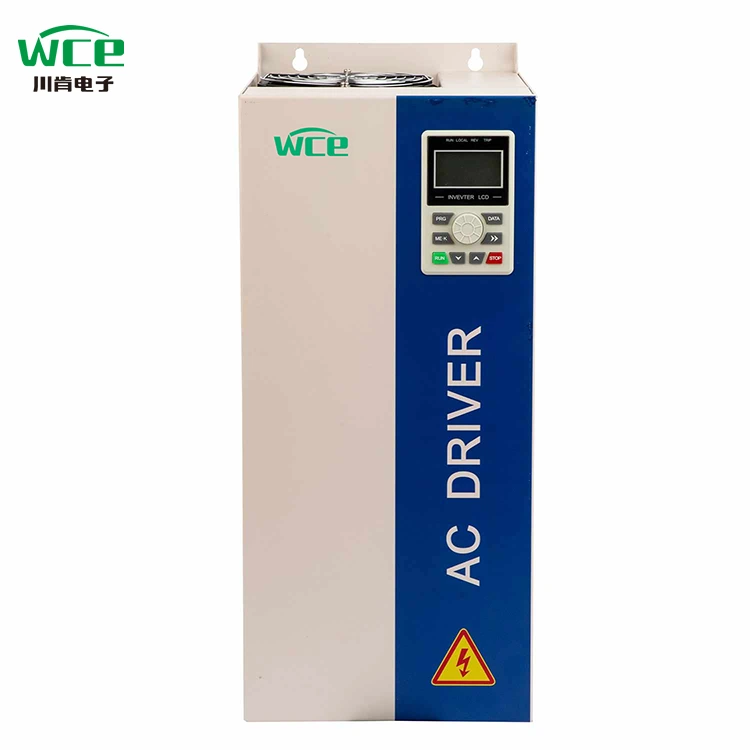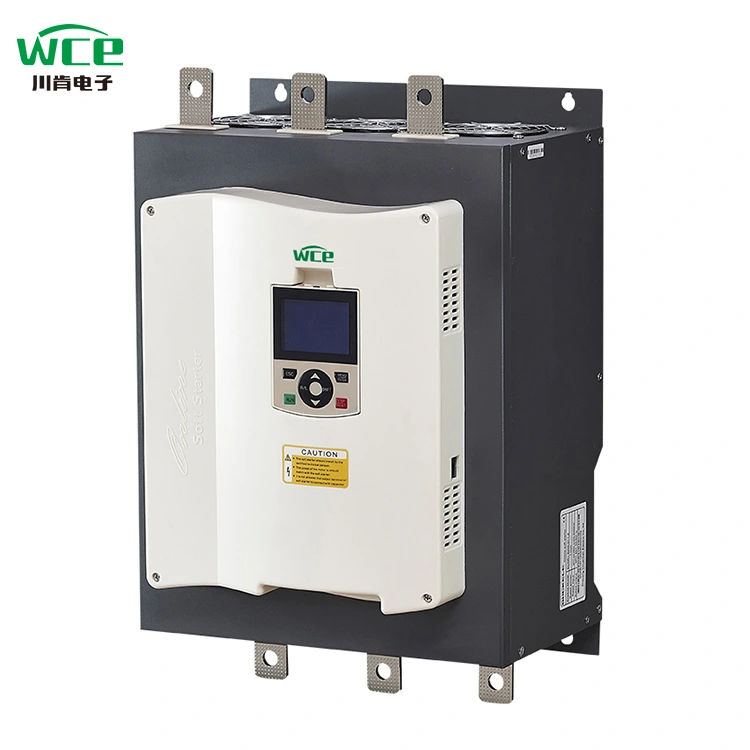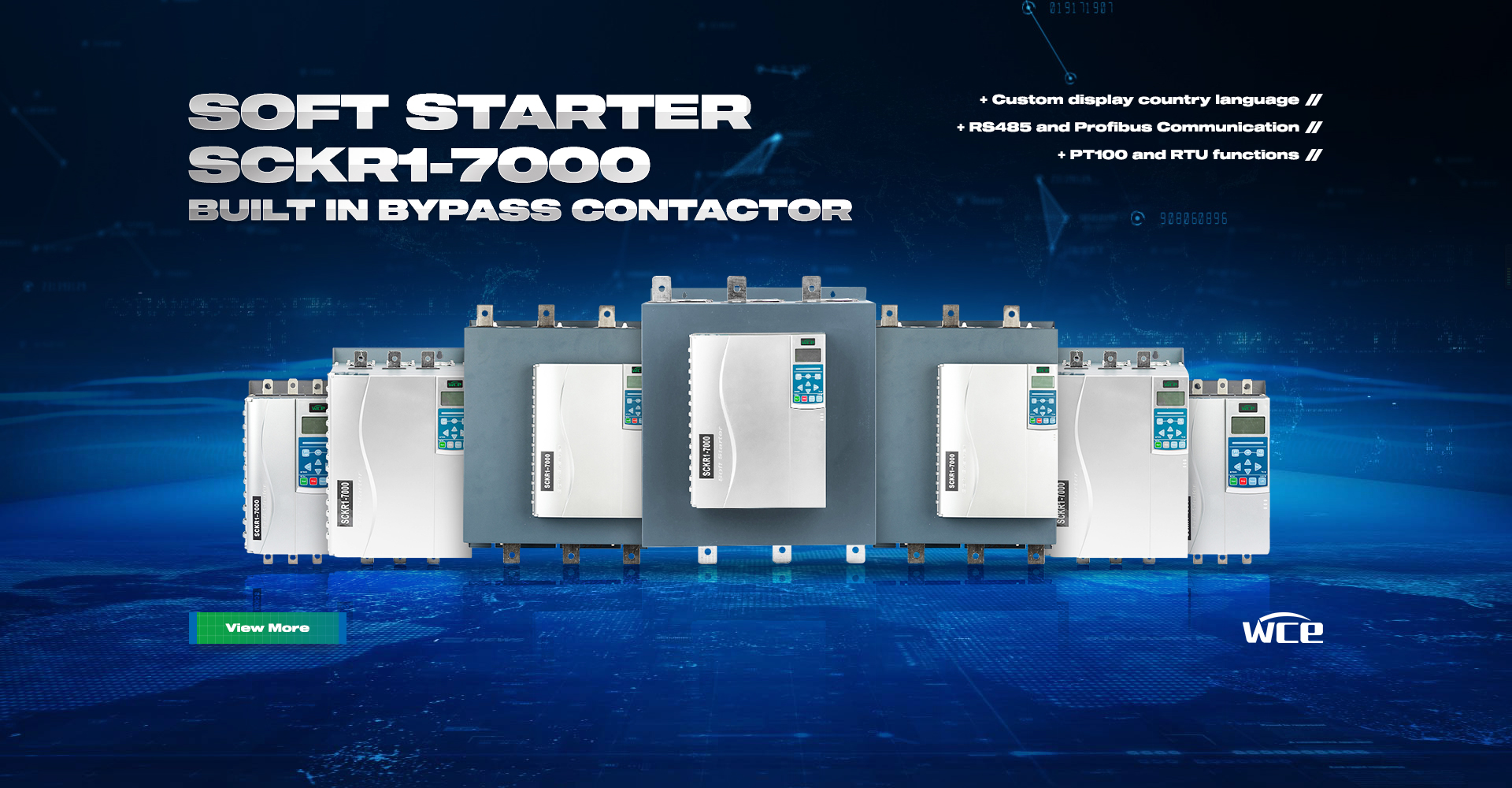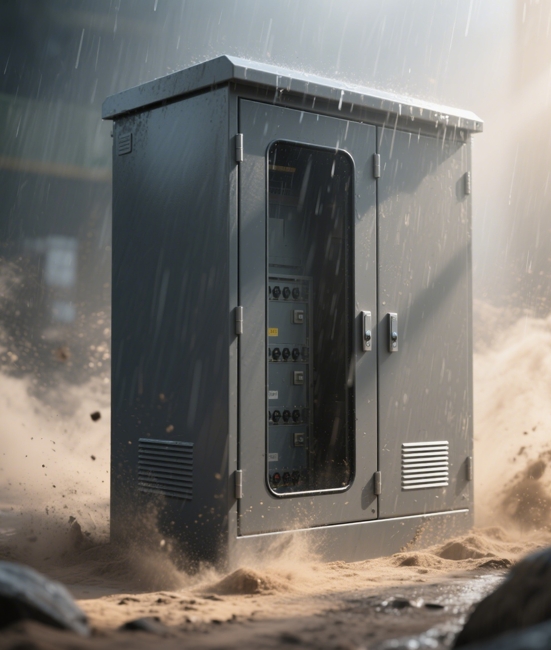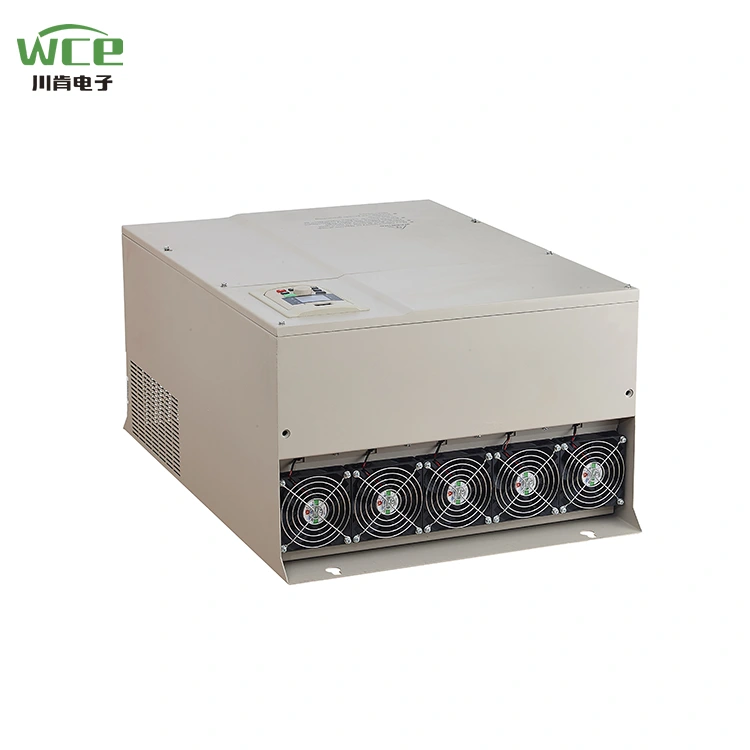Language
- English
- Español
- Português
- русский
- Français
- Deutsch
- Türkçe
- العربية
- فارسی
- Afrikaans
- Latviešu
- беларускі
- Hrvatski
- Malti
- ქართული
- Монгол хэл
- O'zbek
- Հայերեն
- Lëtzebuergesch
- 日本語
- tiếng Việt
- Italiano
- Nederlands
- ภาษาไทย
- Polski
- 한국어
- Svenska
- magyar
- Malay
- বাংলা ভাষার
- Dansk
- Suomi
- Pilipino
- Gaeilge
- Indonesia
- Norsk
- český
- ελληνικά
- український
- नेपाली
- Burmese
- български
- ລາວ
- Latine
- Azərbaycan
- Slovenský jazyk
- Eesti Keel
- Română
- Slovenski
- Srpski језик


